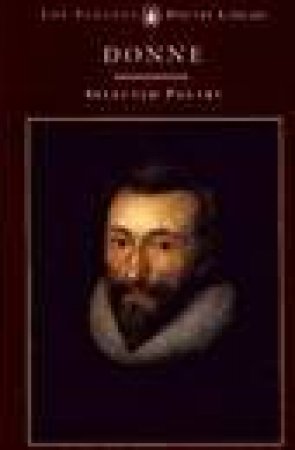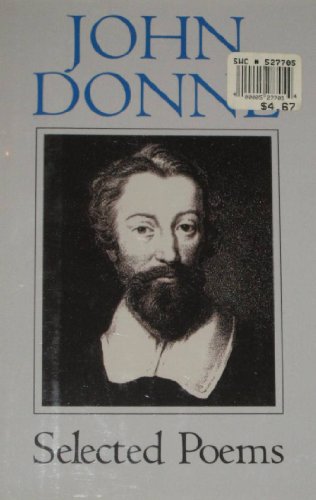
it is only this century that Donne has been indisputably established as a great poet-and even, many feel, the greatest love poet of them all. The text has been revised for this edition.Īlso available in an E-book edition. And writing of love exacerbates the pain and the insecurity of the experience of love. The poem is not love, and is no real substitute for it. Love poetry has this ambivalent, difficult relationship with love. For, if he were clasping his beloved in those feverish embraces as described in 'The Extasie' and 'Elegy', he would not, obviously, bother with poetry. The Songs and Sonnets arise from loss, loss of love they take the place of love.


The beloved woman is not there, so art takes her place. Although he would 'ne'er parted be', as he writes in 'Song: Sweetest love, I do not go', he knows that love poetry comes out of loss.

John Donne's love poetry, like (nearly) all love poetry, self-reflexive. In 'The Canonization', we find the age-old Neo-platonic belief that two can become as one ('we two being one', or 'we shall/ Be one', he writes in 'Lovers' Infiniteness'), a common belief in love poetry. Donne does not quite cover every emotion of love, but a good deal of them. The Songs and Sonnets of John Donne celebrate the many emotions of love, feelings that are so familiar in love poetry from Sappho to Adrienne Rich. And there is the complex, ambivalent eroticism of 'The Extasie', a much celebrated love poem, and the 19th 'Elegy', where features Donne's famous couplet: In 'The Bait', there is the archetypal Renaissance opening line 'Come live with me, and be my love', as used by Christopher Marlowe and William Shakespeare, among others. Like William Shakespeare in his parody sonnet 'my mistress' eyes are nothing like the sun', Donne sends up the Petrarchan and courtly love genre with gross comparisons ('Like spermatic issue of ripe menstruous boils'). There are the bawdy allusions to the phallus in 'The Flea', while 'The Comparison' parodies the adoration poem, with references to the 'sweat drops of my mistress' breast'. Donne has written his fair share of love poems.

It is easy to see Donne as a love poet, in the tradition of love poets such as Bernard de Ventadour, Dante Alighieri, Francesco Petrarch and Torquato Tasso. John Donne was, Robert Graves said, a 'Muse poet', a poet who wrote passionately of the Muse. JOHN DONNE: AIR AND ANGELS: SELECTED POEMSĪ selection of the finest poems by British poet John Donne.


 0 kommentar(er)
0 kommentar(er)
